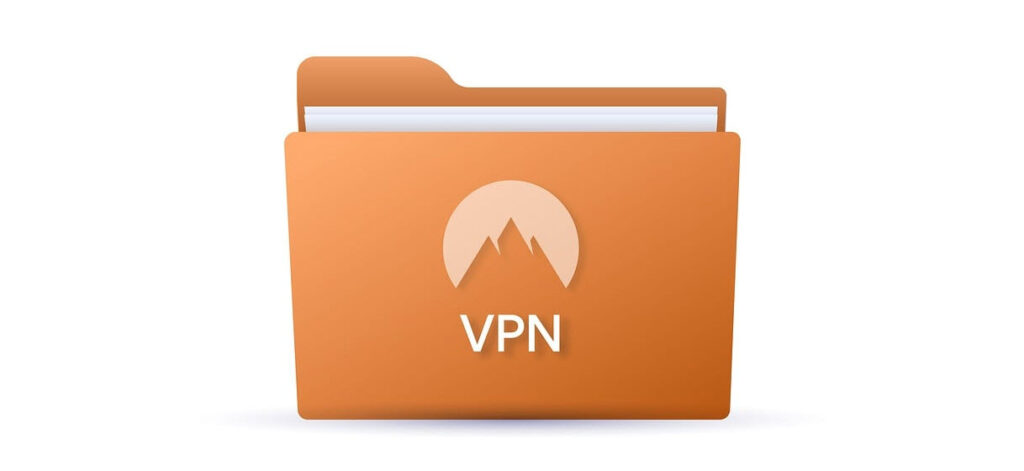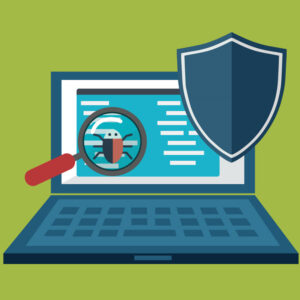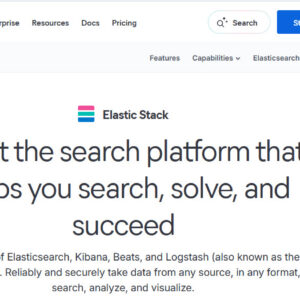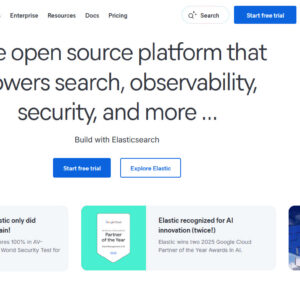
In today’s digital age, where personal data is constantly at risk of exposure, maintaining online privacy and security has never been more important. One of the most effective tools available to help protect your digital footprint is a VPN, or Virtual Private Network. But what exactly is a VPN, and how does it safeguard your information online?
Understanding What a VPN Is
A VPN (Virtual Private Network) is a secure tunnel between your device and the internet. It encrypts your internet connection and hides your IP address, making your online actions virtually untraceable. By routing your connection through a remote server, a VPN masks your location and secures your data from hackers, trackers, and even your Internet Service Provider (ISP).
When you connect to a VPN, it creates a secure communication channel over a public or shared network. This makes it appear as though you’re browsing from a different location, often in another country. VPNs are commonly used for privacy, security, and access to region-restricted content.
How Does a VPN Work?
Here’s a simplified explanation of how a VPN functions:
- Encryption: A VPN encrypts your internet traffic, converting it into unreadable code while in transit. Only your VPN provider’s server and your device can decrypt this data.
- IP Address Masking: Your real IP address is replaced with the IP of the VPN server. This hides your identity and location from websites and trackers.
- Secure Server Routing: Your data is routed through one of the VPN provider’s secure servers before it reaches its destination. This adds an extra layer of security, especially on public Wi-Fi.
Key Security Benefits of Using a VPN
1. Data Encryption
VPNs use powerful encryption protocols such as OpenVPN, IKEv2/IPsec, or WireGuard to ensure your data is secure. This is especially vital when using unsecured networks like public Wi-Fi in cafes, airports, or hotels, where cybercriminals often lurk.
2. Anonymous Browsing
When you connect to a VPN, your browsing activity becomes much harder to trace. Your ISP, government agencies, or malicious third parties can’t monitor what you’re doing online. This protects your privacy and ensures a more anonymous internet experience.
3. Protection from Hackers
VPNs help prevent cyberattacks like man-in-the-middle (MITM) attacks by encrypting your traffic. Even if a hacker intercepts your data, they won’t be able to read it due to encryption.
4. Bypassing Geo-Restrictions and Censorship
VPNs allow access to content that may be blocked in certain countries. For example, streaming services, social media platforms, or news websites may have region-based restrictions that a VPN can help bypass securely.
5. Avoiding Bandwidth Throttling
Some ISPs deliberately slow down your internet speed based on your activity (like streaming or gaming). A VPN hides your activity from the ISP, potentially preventing throttling and improving performance.
Common Use Cases of VPNs for Security
- Remote Work: Businesses use VPNs to provide secure access to internal networks for employees working remotely. This ensures company data stays protected.
- Online Banking: VPNs add an extra layer of protection when performing sensitive transactions online.
- Traveling: When traveling abroad, a VPN allows secure access to your favorite websites and services while avoiding insecure hotel or public Wi-Fi.
- Avoiding Surveillance: In countries with strict internet censorship, a VPN can be a vital tool for freedom of expression and access to information.
Choosing the Right VPN for Security
Not all VPNs are created equal. For maximum security, choose a VPN that offers:
- No-logs policy: Ensures the provider does not store your browsing history.
- Strong encryption standards: Look for AES-256 encryption.
- Kill switch feature: Disconnects your internet if the VPN drops, preventing data leaks.
- DNS leak protection: Ensures your DNS requests are routed securely through the VPN.
Some of the most trusted VPN services include NordVPN, ExpressVPN, Surfshark, and CyberGhost, each offering robust security features and user-friendly interfaces.
Final Thoughts
A VPN is a powerful tool for enhancing your online security and maintaining privacy in a data-driven world. Whether you’re working remotely, accessing public Wi-Fi, or just browsing the web at home, a VPN helps safeguard your sensitive information from hackers, advertisers, and surveillance. While it’s not a complete security solution on its own, when combined with strong passwords, antivirus software, and secure browsing habits, a VPN is a vital part of a comprehensive digital safety strategy.









